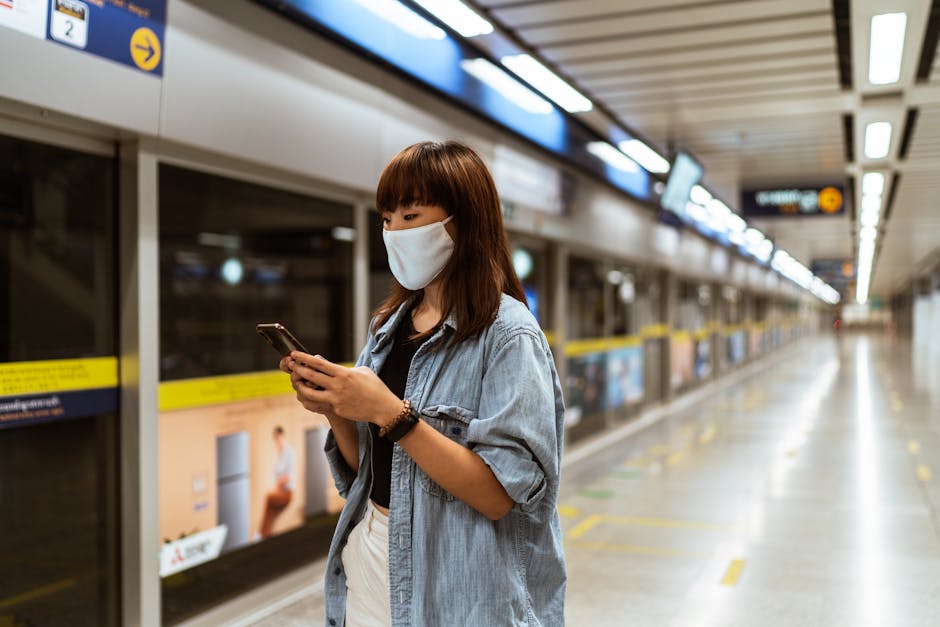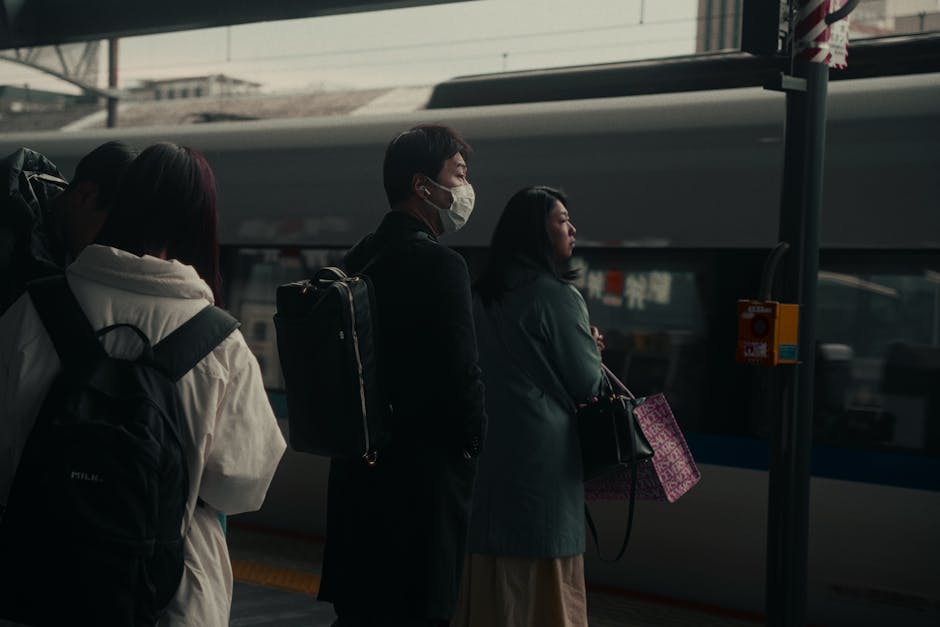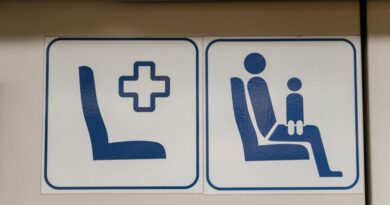Travel Safety Tips for Solo Commuters
Traveling alone can be an exhilarating and empowering experience. Whether you’re commuting to work, exploring a new city, or embarking on a solo adventure, being a solo commuter comes with its own set of challenges and considerations. Safety should always be a top priority when traveling alone, and having the right knowledge and tools can make all the difference. In this article, we will explore essential travel safety tips for solo commuters, covering everything from personal safety to cybersecurity.
The Importance of Travel Safety for Solo Commuters

Traveling alone can be a freeing and rewarding experience, allowing you to explore new destinations at your own pace and on your own terms. However, it also comes with its own unique set of risks. As a solo commuter, you may be more vulnerable to theft, harassment, or other safety concerns. Being prepared and informed is key to ensuring a safe and enjoyable journey.
According to a study conducted by the American Public Transportation Association, solo commuters are more likely to experience safety incidents while traveling compared to those who travel in groups. This highlights the importance of being proactive and vigilant when traveling alone.
Planning Ahead: Research and Preparation

Before embarking on any journey as a solo commuter, it’s essential to do your research and plan ahead. Familiarize yourself with the area you’ll be traveling to, including the local customs, language, and culture. Identify safe accommodations, transportation options, and emergency contacts in advance.
When booking accommodations, opt for reputable hotels or hostels with good reviews and security measures in place. Choose well-lit and centrally located accommodations to minimize the risk of getting lost or encountering unsafe situations.
Research the safest and most reliable transportation options in the area, whether it’s public transportation, ridesharing services, or renting a car. Make sure to have backup plans in case of emergencies or unexpected changes in your itinerary.
Personal Safety: Tips and Strategies

Personal safety is paramount when traveling alone. Here are some essential tips and strategies to enhance your safety as a solo commuter:
Stay Alert and Aware of Your Surroundings
One of the most important aspects of personal safety is staying alert and aware of your surroundings at all times. Avoid distractions such as using your phone excessively or wearing headphones in unfamiliar or unsafe areas. Trust your instincts and be prepared to react quickly in case of any suspicious or threatening situations.
Share Your Itinerary and Stay Connected
Before setting out on your journey, make sure to share your itinerary with a trusted friend or family member. Let them know where you’ll be staying, your transportation arrangements, and any important contact information. Stay connected with loved ones by regularly checking in and updating them on your whereabouts.
Dress and Blend In
When traveling alone, it’s essential to dress modestly and blend in with the local culture to avoid drawing unwanted attention. Avoid wearing flashy jewelry or expensive clothing that may attract thieves or scammers. Dressing conservatively can help you blend in and reduce the risk of becoming a target.
Cybersecurity: Protecting Your Data and Privacy

In today’s digital age, cybersecurity is an integral part of travel safety for solo commuters. With the increasing reliance on technology for navigation, communication, and transactions, it’s crucial to safeguard your data and privacy while on the go.
Use Secure Wi-Fi Networks
When connecting to public Wi-Fi networks, be cautious of potential security risks such as data theft or hacking. Avoid accessing sensitive information, such as online banking or personal emails, on unsecured networks. Consider using a virtual private network (VPN) to encrypt your internet connection and protect your data from cyber threats.
Secure Your Devices
Keep your electronic devices secure and password-protected to prevent unauthorized access. Enable two-factor authentication on your accounts and regularly update your software and security settings. Avoid leaving your devices unattended or using unfamiliar charging stations that may compromise your data.
Avoid Sharing Personal Information Online
Be cautious about sharing personal information online, especially on social media platforms. Avoid disclosing your exact location, travel plans, or sensitive details that could be used for identity theft or stalking. Adjust your privacy settings to limit who can view your posts and photos while traveling.
Emergency Preparedness: What to Do in Case of Crisis
Despite taking precautions and prioritizing safety, emergencies can still occur while traveling alone. It’s essential to be prepared and know how to respond effectively in case of a crisis. Here are some key tips for handling emergencies as a solo commuter:
Create an Emergency Plan
Prior to your trip, create an emergency plan outlining steps to take in various scenarios, such as getting lost, experiencing a medical emergency, or encountering a security threat. Include important contact numbers, local emergency services, and embassy or consulate information in your plan.
Carry Important Documents and Contact Information
Keep copies of your passport, identification, travel insurance, and other essential documents in a secure location separate from the originals. Have a list of emergency contacts, including family members, local authorities, and embassy or consulate personnel, readily available in case of need.
Stay Calm and Seek Help
In the event of an emergency, it’s crucial to remain calm and composed. Assess the situation, prioritize your safety, and seek help from local authorities or trusted individuals. Don’t hesitate to reach out to embassy or consulate officials for assistance or guidance in navigating challenging circumstances.
Conclusion
To wrap things up, travel safety for solo commuters is a multifaceted and essential aspect of any journey. By planning ahead, prioritizing personal safety, safeguarding your cybersecurity, and being prepared for emergencies, you can enhance your overall travel experience and mitigate potential risks. Remember that safety is a shared responsibility, and taking proactive measures can make a significant difference in ensuring a safe and enjoyable solo commuting experience. Whether you’re a frequent solo traveler or embarking on your first solo journey, incorporating these travel safety tips into your routine can empower you to explore the world with confidence and peace of mind.
Stay safe, stay informed, and happy travels!




